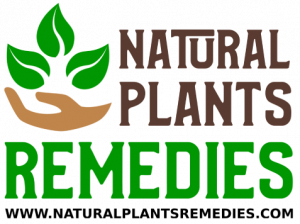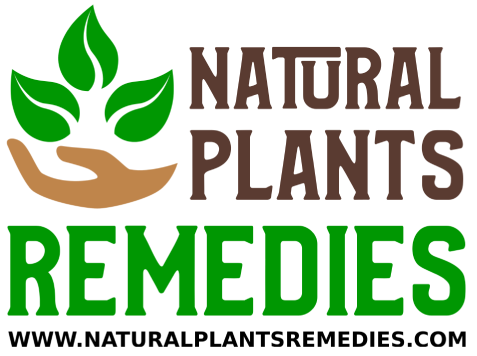Papaya tree - Carica papaya
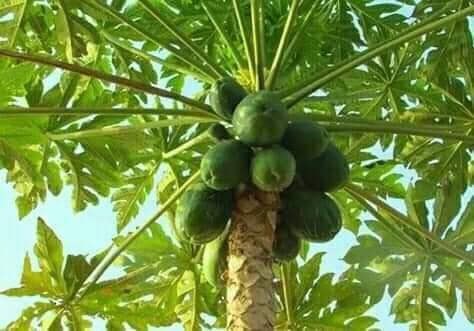
Papaya is used for preventing and treating gastrointestinal tract disorders, intestinal parasite infections, and as a sedative and diuretic. It is also used for nerve pains (neuralgia) and elephantoid growths. Elephantoid growths are large swollen areas of the body that are symptoms of a rare disorder of the lymphatic system caused by parasitic worms. Papaya contains a chemical called papain, which is commonly used as a meat tenderizer. The leaves are used to make medicine. Papaya is used for preventing and treating gastrointestinal tract disorders, intestinal parasite infections, and as a sedative and diuretic.
Peach tree -Prunus persica
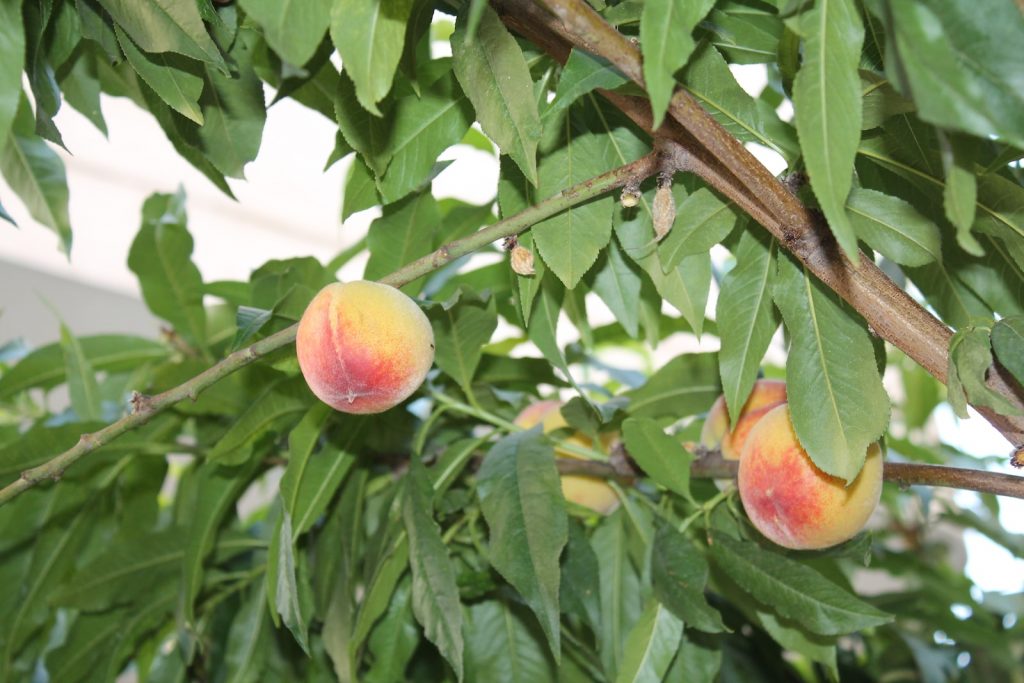
Prunus persica, fruit tree of the rose family (Rosaceae) grown throughout the warmer temperate regions of both the Northern and Southern hemispheres. Peaches boast lots of potential health benefits, including improved digestion, a healthy heart, a strong immune system and improved allergy symptoms. Consumption of fruits like peaches that are rich in vitamin A, are known to offer protection from lung and oral cancers. They contain many vital minerals such as potassium, fluoride and iron. Potassium is an important component of cell and body fluids that help regulate heart rate and blood pressure.
Pencil cactus - Euphorbia tirucalli

It appears to be a valuable plant for its many properties. Many pharmacological activities of Euphorbia tirucalli has been documented… anti-mutagenic…. treat asthma, cough, earache, rheumatism, verrucae, cancer, chancre, epithelioma, sarcoma, skin tumors and as a folk remedy against syphilis. The thick, white sap the Pencil Cactus oozes when cut or snapped is a poisonous latex, but has been used in traditional medicine by many cultures to cure cancer, excrescence, tumors, and warts.
Pine - Pinus
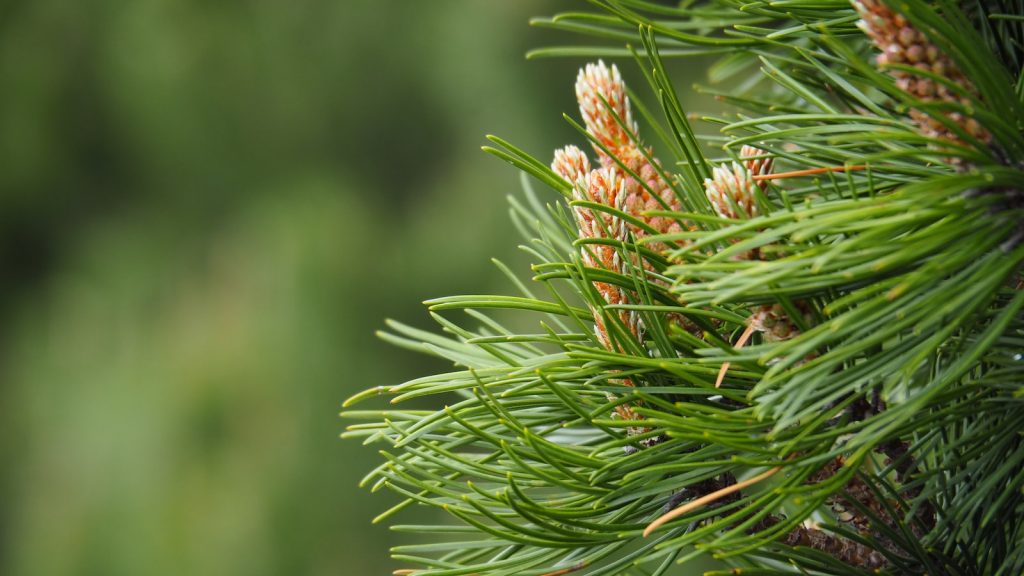
Pine is used for upper and lower respiratory tract swelling (inflammation), stuffy nose, hoarseness, common cold, cough or bronchitis, fevers, tendency towards infection, and blood pressure problems. Some people apply pine directly to the skin for mild muscle pain and nerve pain. Pine needles contain a compound called alpha- or beta-pinene, which is a natural decongestant, anti-inflammatory, antibacterial, antimicrobial, and anxiolytic. When ingested, pine can be used to treat colds and coughs, reducing phlegm and helping with sinus infections.
Pine - Pinus
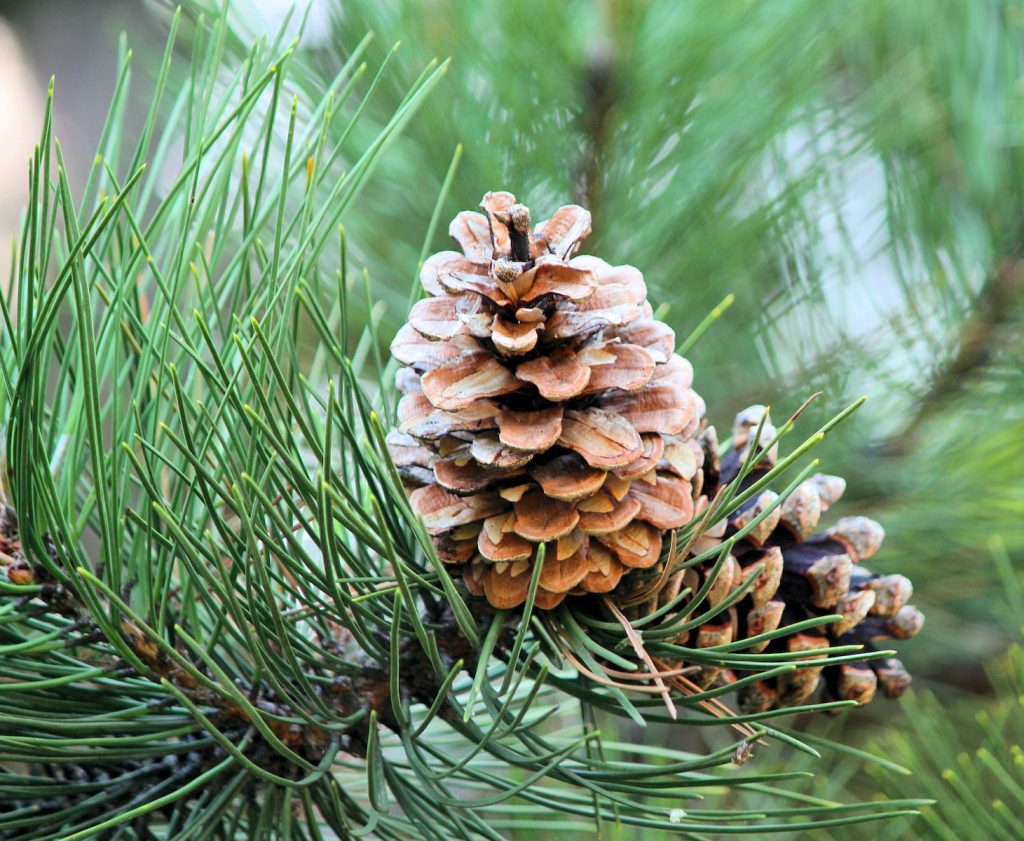
Pine needles can soothe sore throats, fight illness and infection, lower blood pressure, improve skin and slow down the aging process. Pine needles are often infused in cocktails and desserts. Pine bark extract is an herbal supplement rich in healthy polyphenols like procyanidins, catechins, and phenolic acids. These plant compounds appear to have antimicrobial, antioxidant, and anti-inflammatory effects on the human body. As such, pine bark extract shows great potential as a therapeutic herbal supplement.
Ponytail palm - Beaucarnea recurvata
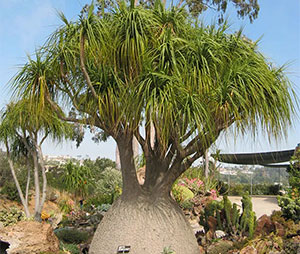
Ponytail palm, Beaucarnea recurvata (or Nolina recurvata) from semi-desert areas of southeastern Mexico, is the species often grown as a low-maintenance houseplant in temperate climates, as well as being used as a landscape specimen in dry, warm climates (zones 9-10). NASA found this great indoor plant to be one of the top plants for cleaning air. It breaks down toxic gasses to keep the air you are breathing nice and pure. The Ponytail Palm has a very distinct look with its swollen brown stem that stores water.
Prickly pear - Opuntia
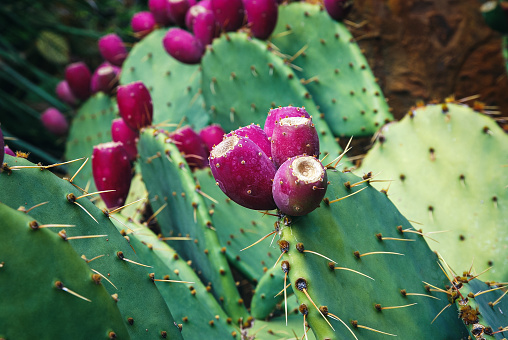
Prickly pear cactus, known as nopal, opuntia is promoted for treating diabetes, high cholesterol, obesity and hangovers. It’s also touted for its antiviral and anti-inflammatory properties. Prickly pear is the name of the oval fruit with prickly skin and juicy flesh that grows on top of cactus paddles. It’s a common ingredient in Mexican cuisine and was historically used for medicinal purposes. Prickly pears are good sources of fiber and provide several vitamins, minerals, and antioxidant compounds.
Psyllium - Plantago ovata

The soluble fiber found in psyllium husks can help lower cholesterol. Psyllium can help relieve both constipation and diarrhea, and is used to treat irritable bowel syndrome, hemorrhoids, and other intestinal problems. It has also been used to help regulate blood sugar levels in people with diabetes. Psyllium is an ideal herbal laxative. Bowel movement and excretion is triggered by the presence of the bloated psyllium seeds in the large intestines. Patients suffering from hemorrhoids are given this herbal laxative to prevent constipation.
Purslane - Portulaca oleracea
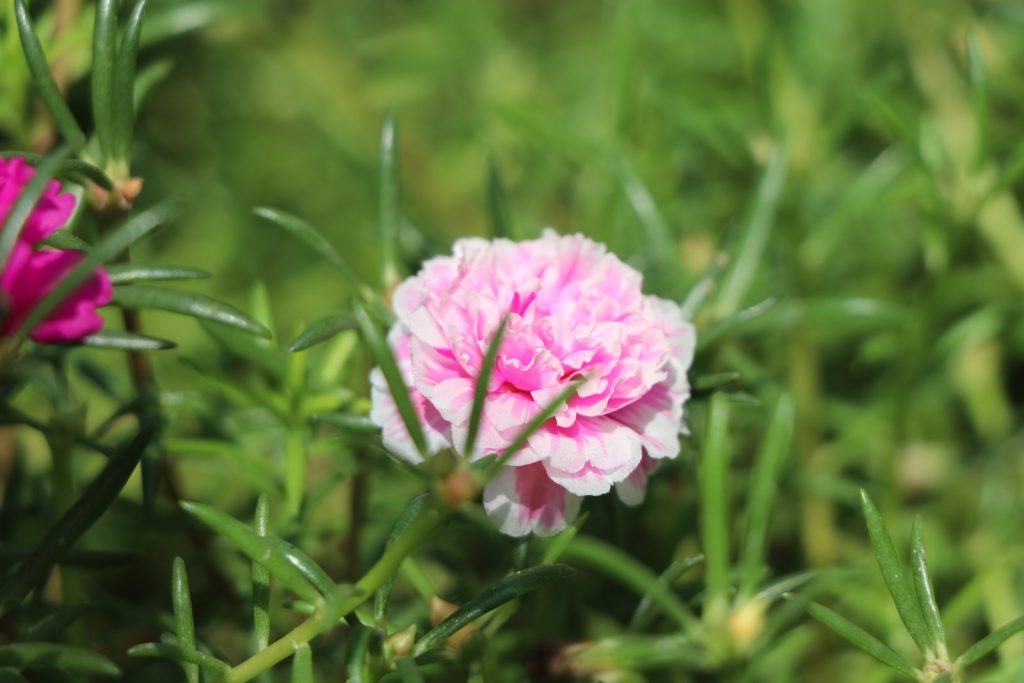
Purslane is helpful for supporting your cardiovascular system. It is one of the few vegetables that’s rich in omega-3 fatty acids, which are important to support healthy arteries and can help prevent strokes, heart attacks, and other forms of heart disease. Purslane is also a great source of two minerals that are important to bone health: calcium and magnesium. Getting enough of both of these minerals can improve skeletal health and prevent complications from osteoporosis and aging.
